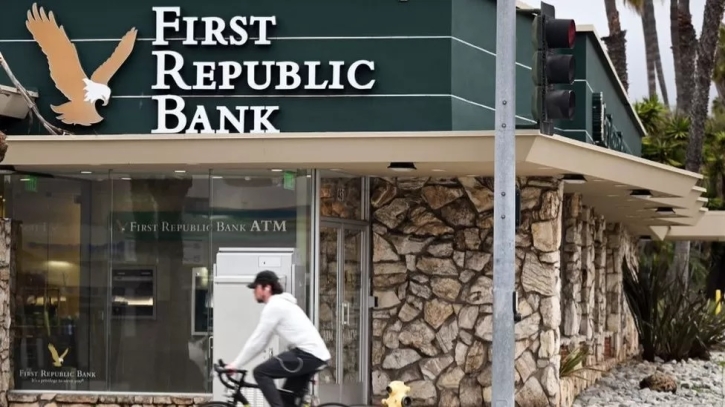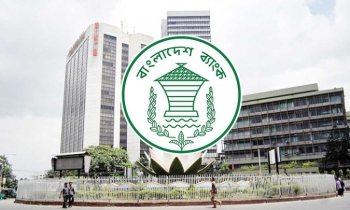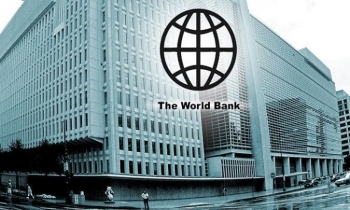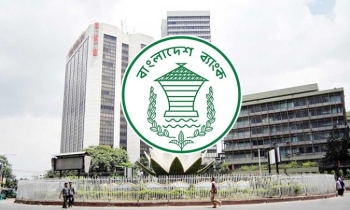Future of US bank in doubt as investors flee
BI Desk || BusinessInsider

File photo
Shares in First Republic have tumbled nearly 30% to close at a new record low amid renewed fears the US bank could be the next to collapse.
The sell-off extended steep declines from a day earlier after the bank said customers had pulled $100bn in deposits from the bank in March, reports BBC.
First Republic has been under pressure since a series of US bank failures last month sparked fears of a wider crisis.
Its shares have shed 95% of their value in a matter of weeks.
Shares ended Wednesday trading at less than $6 each, compared with more than $120 at the start of March.
Founded in San Francisco in 1985, the bank is known for having a big mortgage lending business and a large stable of wealthy clients, many of whom had saved more money with the bank than would be guaranteed by the government.
It was seen as vulnerable to a bank run - and being squeezed by higher interest rates, as it is forced to pay more to keep deposits, while earning less on the home loans made when rates were lower.
Last month it received a $30bn influx from some of America’s biggest banks, a rescue plan aimed at shoring up confidence in the lender, which had seemed to calm fears.
But the scale of the withdrawals revealed this week was even worse than investors had expected.
On Wednesday, the stock swung sharply and trading was repeatedly halted amid the volatility.
The bank - which was the 14th largest in America at the end of 2022 - has said it is exploring its options.
US media outlets have reported it is trying to convince the banks that supported it before to buy more of its assets to help prop up the business. They also say regulators are on alert but not prepared to step in yet.
“There can be no certainty that the bank will be able to take actions to strengthen our business within a time frame that is acceptable to the market or our regulators,” the bank said on Monday.
“There can be no certainty as to the future of the bank if we are not able to do so.”
Problems in the banking sector surfaced in the US earlier last month when Silicon Valley Bank, which was the country’s 16th-largest lender, collapsed in the biggest failure of a US bank since 2008.
That was followed two days later by the failure of New York’s Signature Bank.
Authorities stepped in to guarantee deposits beyond typical limits in an effort to head off further runs on bank deposits.
But the move, which the Federal Deposit Insurance Corp has estimated cost roughly $20bn, did not immediately prevent concerns from spreading.
In Europe, Swiss officials also brokered a rescue for troubled banking giant Credit Suisse, which saw 61.2bn Swiss francs ($69bn; £55.2bn) leave the bank in the first three months of the year.
Central banks around the world - including the US Federal Reserve and the Bank of England - have sharply increased interest rates as they try to curb inflation.
The moves have hurt the values of the large portfolios of bonds bought by banks when rates were lower.
Customers worried about the financial implications for Silicon Valley Bank abruptly pulled funds from their accounts, leading to its collapse. The episode also raised fears about the situation at other firms.
























